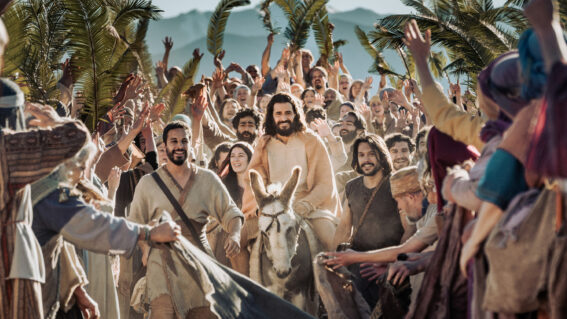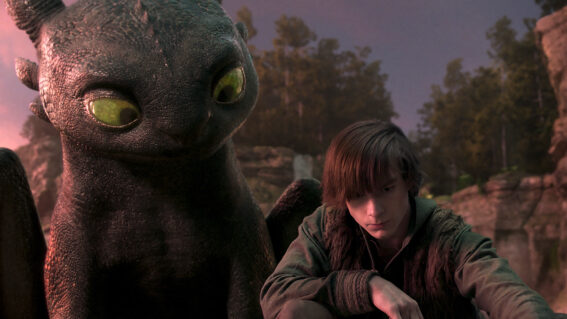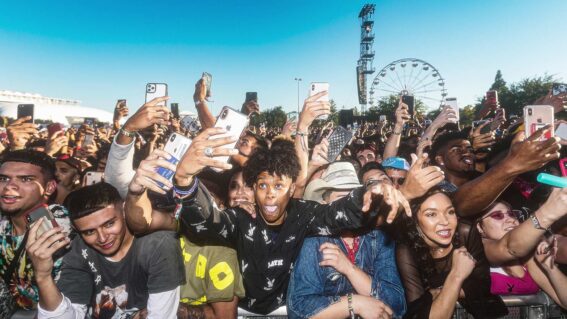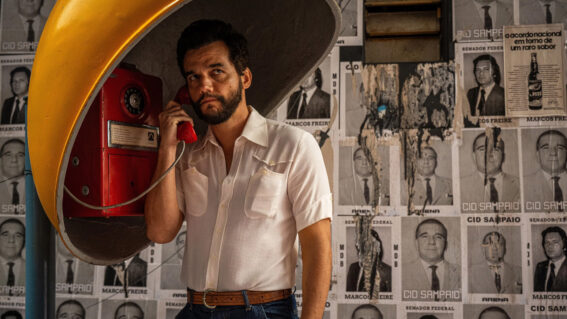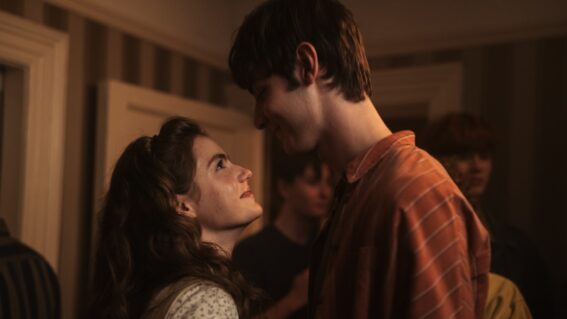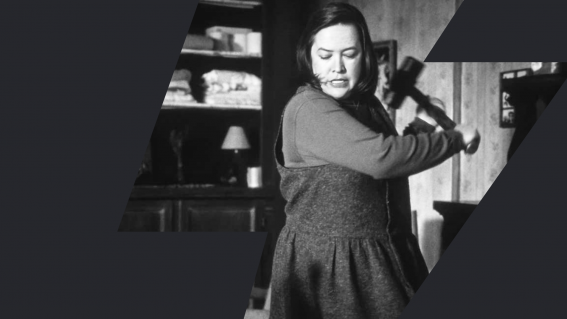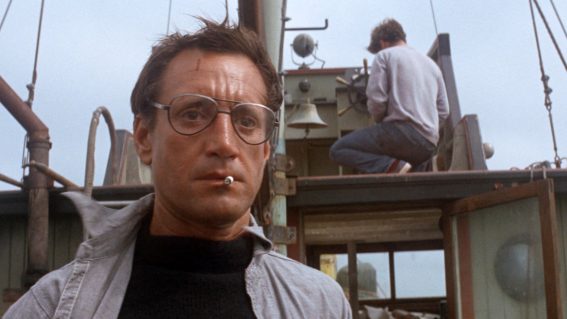Considering the Conspiracy Movie
Earlier this week I attended a screening for Robert Redford’s upcoming historical drama The Conspirator. It was a generally interesting film ultimately weighed-down by Redford’s preachy style. Despite the title, it’s in no way a classic conspiracy film, but it nevertheless got me thinking about them, and how we haven’t seen a decent one in […]
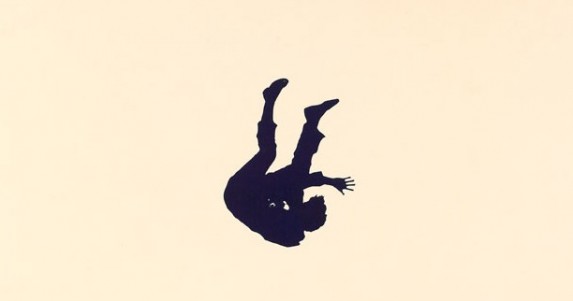
Earlier this week I attended a screening for Robert Redford’s upcoming historical drama The Conspirator. It was a generally interesting film ultimately weighed-down by Redford’s preachy style. Despite the title, it’s in no way a classic conspiracy film, but it nevertheless got me thinking about them, and how we haven’t seen a decent one in ages.
I loves me a good conspiracy movie. After war movies stopped being interesting and before Die Hard came along, there was no better way to get a protagonist up against believably insurmountable odds than to plonk him or her in the middle of big ol’ conspiracy.
I love conspiracy movies so much that my (current) all-time favourite movie happens to be one: the late Alan J Pakula’s wonderful 1972 non-classic, The Parallax View.
Pakula’s most famous work (and arguably the most famous conspiracy film of all time) was his follow-up film, 1974’s All The President’s Men, which chronicled Washington Post reporters Woodward and Bernstein’s uncovering of the Watergate scandal. It’s the film most often cited when discussing Pakula’s legacy, and is a justly revered classic. But seriously, The Parallax View kicks its ass, and is criminally underseen by modern audiences.
Warren Beatty plays a muckraking journalist named Joe Frady who is present at the assassination of a rising Senator during a press conference atop the Seattle space needle. The film sets the bar high with this bravura opening sequence, which features a chilling action scene that occurs in total silence, seen in the below picture.
Years later, Frady dismisses a hysterical ex-girlfriend (the superlatively pulchritudinous Paula Prentiss) when she attempts to warn him that several figures present during the assassination are dying mysteriously. Then SHE turns up dead, so Frady investigates in his unique style, and discovers what appears to be a corporation that recruits sociopaths to be political assassins. Then it gets really interesting.
Pakula takes the film to some very interesting psychological places, not least of which is during a dazzling sequence (which the film is probably best known for) in which Frady is subjected to a bizarre filmic montage designed to weed out the killer instinct in the viewer. See it in all is chilling glory in the embed below:
I perceived Beatty as little more than an aging lothario before I saw Parallax, but it turned me into a fan. The splendidly skew-whiff personality he brings to Frady informs every single scene, and he easily holds the film together with his laconic charm. His clash with a small town deputy (played by a very young Earl Hindman aka Home Improvement’s chinless neighbour Wilson) is utterly hilarious.
The staging of the various action set-pieces is relentlessly inventive and stylish. They all occur in awkward locations. You realise just how generic most chase/shoot/run sequences really are.
Most of the times I’ve heard Parallax mentioned in the last ten years is when a director cites its visual style as an influence.It’s not difficult to see why this aspect grabs people – the film was shot by legendary DOP Gordon Willis (best known for his influential work in The Godfather), who covers the screen in recurring grid motifs and shoots all the action scenes in bright, searing light.
The supporting cast is made of some of the best character actors, well, ever: Hume Cronyn; William B. Davies; Kenneth Mars. Every character encountered earns distinction.
But what I love most about The Parallax View is how it presents the insurmountability of what Frady’s up against. Populist film logic dictates that one hero can generally pull out a specific pin and bring any conspiracy crumbling down, but Parallax shows just how difficult that would be.
The script was written by David Giler, best known as one of the producers who shepherded the Alien franchise, and Lorenzo Semple Jr, who is best known for, er, creating the campy 1960s Batman show. It’s a fantastic script that keeps things fun and moving without ever pandering to the audience.
Indeed, I like to think of The Parallax View as the ultimate meeting point between populist popcorn story-telling and the creative freedom that studio directors were afforded in the early 70s. It’s an auteur thriller; an artistic action movie; a rollercoaster ride that also makes you think. I freaking love it, and I strongly recommend you check it out if you’ve never seen it.
1999’s Arlington Road borrows a lot from The Parallax View, and lifts the ending outright. It was poorly received at the time of it’s release, but it’s the last conspiracy thriller that really got my blood racing.
Jeff Bridges plays a widowed college professor who begins to suspect his outwardly normal neighbours (played by Tim Robbins and Joan Cusack) are planning a terrorist act. The plot firmly locates the film in the pre September 11th era, when America’s terrorism concerns were focused inward, and the spectre of Timothy McVeigh hangs over the story.
There are several logic leaps required, but if you willing to give yourself over to it, Arlington Road is very much worth the investment. It’s fun to watch Robbins ham it up, while Bridges’ performance is unbearably tense.
Aside from Arlington Road, I struggle to think of any conspiracy movies from the last twenty years that really impressed me.
Maybe it’s because such notions seem simplistic when considering the real, multi-lateral threats in the modern world. Or maybe shows like The X-Files and 24 ran the concept into the ground. Maybe the overall awesomeness of Oliver Stone’s JFK neutered all subsequent conspiracy films. Or maybe the tropes of the genre have simply dissipated out and seeped into other types of movies.
Pakula himself returned to the form with 1993’s John Grisham adaptation The Pelican Brief, which my pubescent self was very excited to see. Alas, it was kinda pants.
I recall it seeming profoundly stupid at the time, so I can only imagine how dated the 1995 Sandra Bullock thriller The Net appears these days. Remember Clint Eastwood’s 1997 Presidential conspiracy thriller Absolute Power? How could anyone possibly?
The intensely generic vibe given off by the title of 1997’s Conspiracy Theory (starring Julia Roberts and Mel Gibson) was lived down to by the movie. Tony Scott’s 1998 action thriller Enemy of the State earns points for casting Gene Hackman is essentially the same role he played in Francis Ford Coppola’s awesome 1974 conspiracy thriller The Conversation, but failed to do anything interesting with the idea.
2008’s Eagle Eye had some nice action set-pieces and okay tension, but the ‘Big Brother is watching you’ plot was way too muddled.
Both 2009’s State of Play and last year’s Mel Gibson thriller Edge of Darkness were watchable films based on excellent British conspiracy mini-series, but neither film managed to capture the ambiguous dread of the their respective source material.
2004’s existence-wiping aliens conspiracy thriller The Forgotten had potential, but the execution was severely lacking. 2008’s Vantage Point attempted to do something interesting with the form by presenting a conspiracy from various angles, but it was pretty much rendered moot by 24. 2009’s The International had an interesting financial conspiracy at it’s core, but what it did memorably – I thought it was a pretty choice globe-trotting action movie – had very little to do with the conspiracy.
By a looser definition of the genre, I guess 2007’s Gone Baby Gone counts, and that movie ruled. Does The Girl With The Dragon Tattoo count? That wasn’t too terrible I suppose.
What’s your favourite conspiracy thriller? I’m sure I’ve failed to mention some of the greats here. Any thoughts on why they always suck nowadays? Comment below! I implore you!
Also: Please see The Parallax View. It’s seriously quite great.








